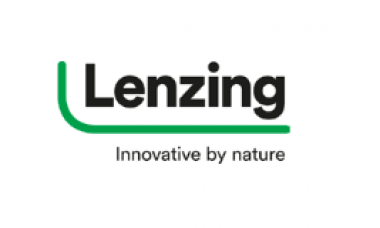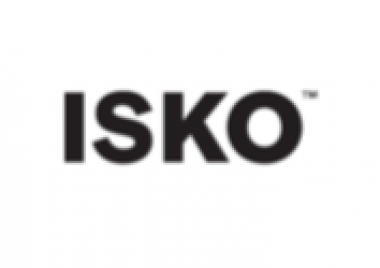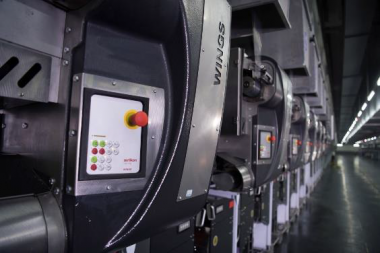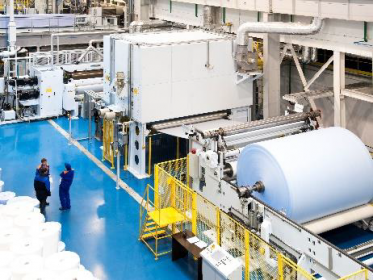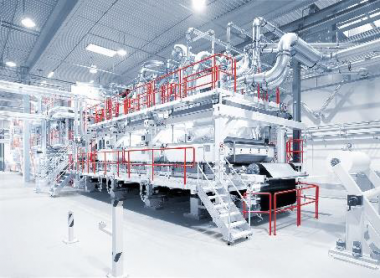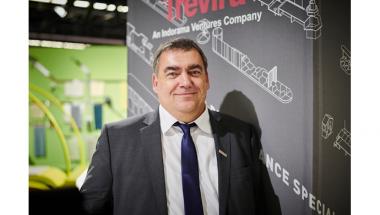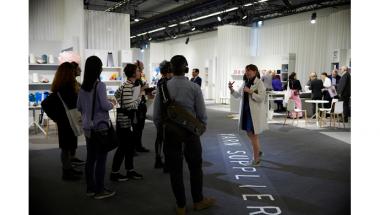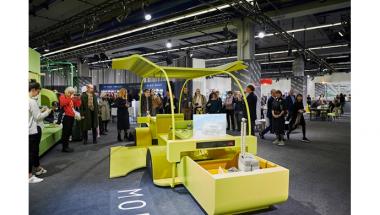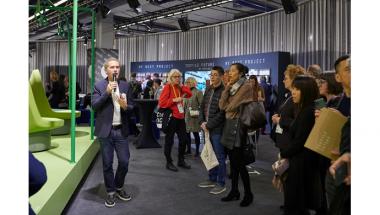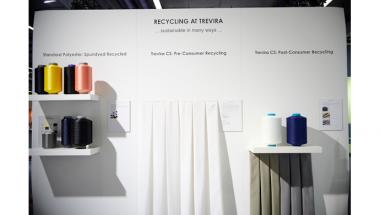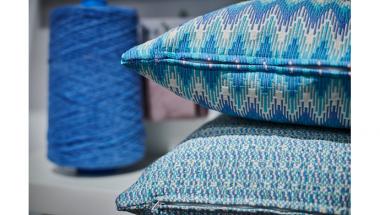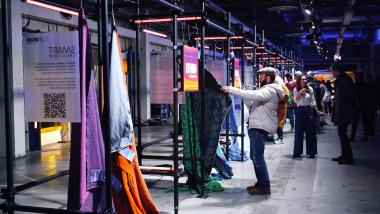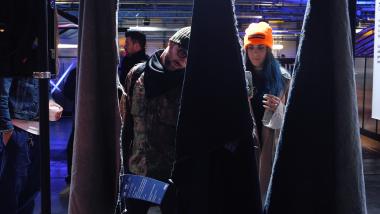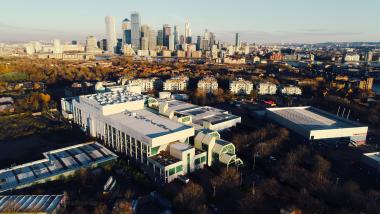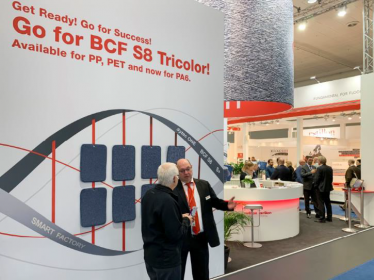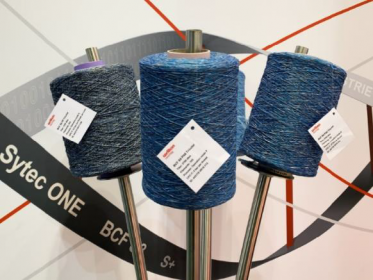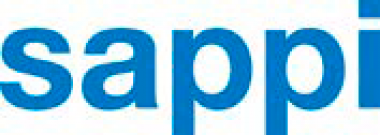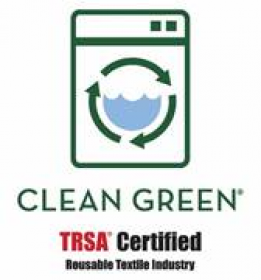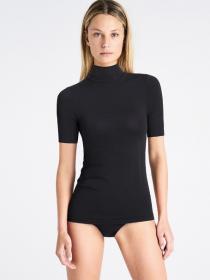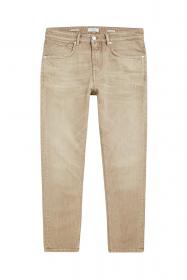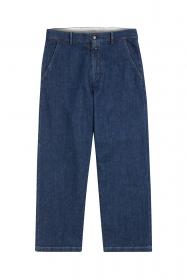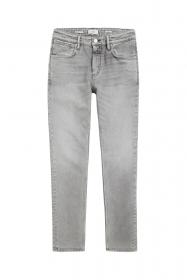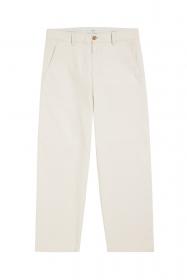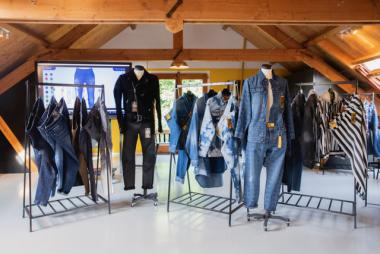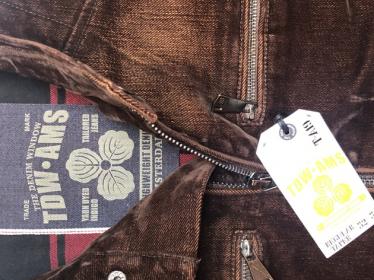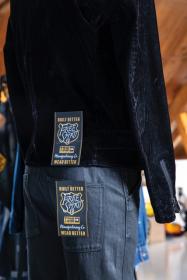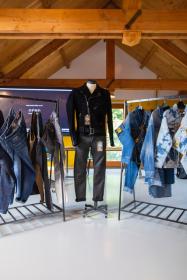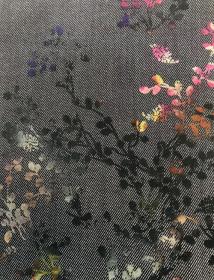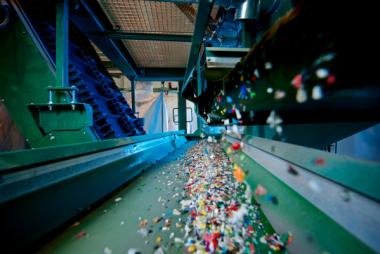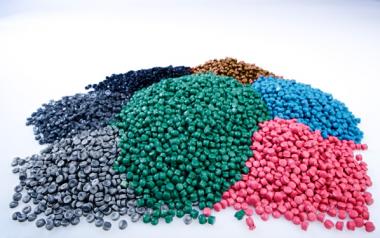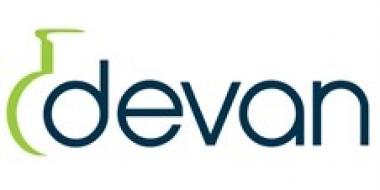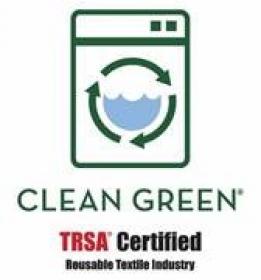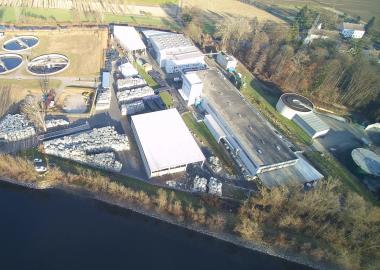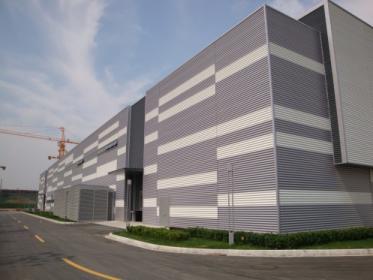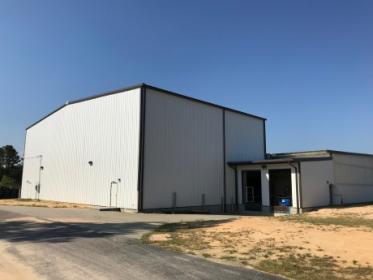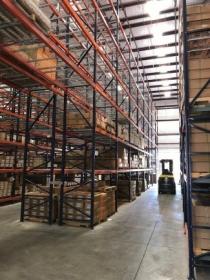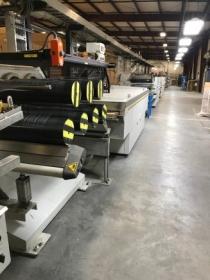Lenzing Group’s Sustainability Report for 2019 published
- First fiber producer to have an approved science-based target – CO2 neutrality by 2050
- Breakthrough in REFIBRA™ technology – worn textiles can also be used as fiber raw material
- Pioneer in the introduction of blockchain technology for fiber recognition
- On track to meet all sustainability targets
Lenzing – Just ahead of the “Day of Forests ” on March 21, which the FAO (Food and Agricultural Organization of the United Nations) introduced in the 1970s in response to global deforestation, the Lenzing Group presents its Sustainability Report 2019. This sets out how the company is actively dealing with the global challenges.
Lenzing produces fibers from the renewable raw material wood and is well known among its customers and partners in the global textile and nonwoven fabric industry for the clear position it takes as a sustainable producer. It is no accident that the new report is appearing on the International Day of Forests. Lenzing’s sustainable practices in procurement, especially for wood and pulp, were once again ranked as leading in the 2019 reporting year (Hot Button Report).
“Stand up! A gainst business as usual ”
Under the motto “Stand up! Against business as usual ”, Lenzing emphasizes its wider responsibilities over and above its products. Business - as - usual scenarios have to be overcome, in particular for climate protection. With a science-based target, Lenzing is taking action to master the problems caused by climate change. The Lenzing Group is committed to reducing its greenhouse gas emissions per ton of product by 50 percent by 2030 (baseline: 2017). The Science-Based Target s initiative has approved Lenzing’s climate target as science-based.
Breakthrough in REFIBRA™ technology
One of Lenzing’s strategic principles under its “Naturally positive” sustainability strategy and a focus in the 2019 Sustainability Report is the circular economy. To address the enormous textile waste challenges of industry and society, Lenzing has developed a unique recycling technology branded REFIBRA™. This technology enables garment production waste to be reprocessed into fibers.
Lenzing
Lenzing


